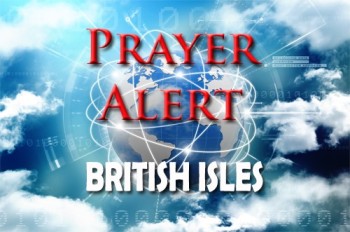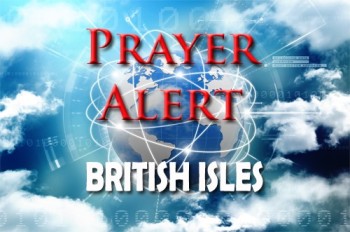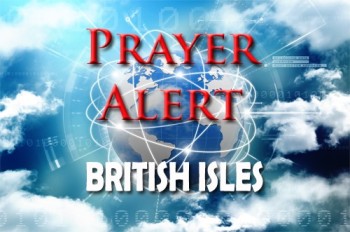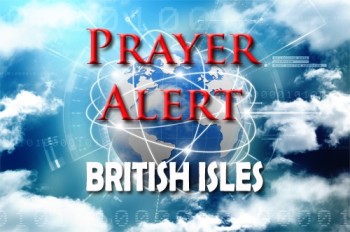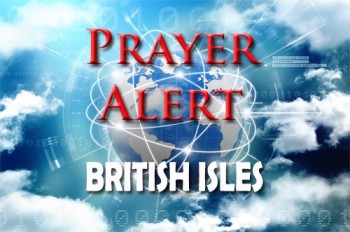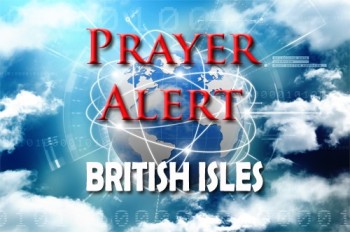
Displaying items by tag: Shabana Mahmood
Immigration: home secretary’s new proposals
Shabana Mahmood is under mounting pressure to provide clarity and compassion after confirming that only a ‘few hundred’ asylum seekers will initially be admitted under the UK’s newly-announced ‘safe and legal’ routes. The home secretary has paired these routes with strict measures, copying Danish policies, aimed at deterring illegal crossings, including asset confiscation and the enforced removal of families who decline financial incentives to return home. Critics - including Labour MPs, refugee advocates, and UNHCR - argue that such limited pathways will do little to reduce dangerous Channel crossings or support those fleeing war and persecution. Organisations warn that people cannot afford to wait years for routes to expand, and that uncertainty will only deepen despair. Additionally, proposals to withdraw financial support from families with denied claims have sparked moral outrage, particularly over their impact on children. As the Government seeks to reshape asylum policy, many insist that protection, dignity, and fair family reunification remain essential to any credible system.
Migrant sex offender given £500 after threat to disrupt deportation
The Government has confirmed that convicted sex offender Hadush Kebatu, an Ethiopian national mistakenly released from prison, was paid £500 before being deported. Kebatu, jailed for sexually assaulting a 14-year-old girl and a woman while living in an Essex asylum hotel, was freed in error from HMP Chelmsford, later re-arrested, and flown to Ethiopia under guard. Officials authorised the payment after he threatened to disrupt his removal, arguing it was cheaper than re-booking flights or facing legal delays that could cost taxpayers thousands. Ministers called the blunder 'deeply regrettable' and have ordered an independent inquiry, with one officer suspended and new release checks introduced. Opposition leaders condemned the payment as 'outrageous' and proof of a broken immigration system, while home secretary Shabana Mahmood said she acted swiftly to ensure deportation. Kebatu’s mistaken release sparked local protests and renewed concern over public safety, asylum policy, and government competence in managing foreign offenders awaiting deportation. See
Small boat immigrant deportation flights grounded again
The Government’s new 'one in, one out' deal with France to deport Channel migrants has hit delays, as deportation flights were grounded for a third consecutive day. The Home Office is appealing a High Court ruling which halted the removal of a man claiming to be a victim of modern slavery. Home secretary Shabana Mahmood condemned 'last-minute, vexatious' appeals, vowing to fight attempts to block removals and pledging to review the Modern Slavery Act to close loopholes. She insisted that Britain’s generosity was being exploited and promised to 'robustly defend the public’s priorities’. The UK-France pilot scheme, agreed by Keir Starmer and Emmanuel Macron in July, would return asylum seekers arriving illegally in small boats while allowing approved applicants to enter the UK through a legal route. Officials maintain flights will still go ahead in the coming days, despite setbacks. Critics warn, however, that deportations must carefully consider genuine trafficking cases and vulnerable individuals. Breaking news: the first deportation has taken place. See
Musk's language abhorrent, says Shabana
Home secretary Shabana Mahmood has branded Elon Musk’s language at a London rally 'abhorrent’, after he warned of violence linked to uncontrolled migration and called for Parliament’s dissolution. Mahmood insisted: 'No-one gets to mess with British democracy’, stressing that Britain is a tolerant and diverse nation. Musk’s remarks, delivered in conversation with activist Tommy Robinson at the 150,000-strong 'Unite The Kingdom' march, were condemned across the political spectrum. Liberal Democrat leader Sir Ed Davey said Musk was 'deeply irresponsible, deeply dangerous’, while Downing Street called his words inflammatory and threatening to public order. Debate also arose over whether Musk’s Tesla and energy ventures should receive UK contracts, with critics urging government review. Nigel Farage defended Musk’s appeal to 'fight' through free speech and elections, though others accused him of fuelling division. As protests and counter-protests highlighted national tensions, Mahmood affirmed that English identity embraces both long heritage and diverse backgrounds.
Children feared among three dead in Channel crossing attempt
Three people, possibly including children, have died attempting to cross the English Channel near Calais, French authorities confirmed. The victims, believed to be from Egypt and South East Asia, were among more than seventy people crammed onto an overloaded boat. Officials said they were likely crushed to the bottom of the vessel. While 44 passengers were rescued, three later died in hospital. On the same night, another 115 people were rescued from a separate boat - one of the largest groups recorded - while three remain missing from a different vessel. This year alone, over twenty migrants have died making the perilous crossing; 2024 was the deadliest year on record, with at least 82 deaths. More than 30,000 people have already reached the UK in small boats this year. The tragedy has renewed scrutiny of people-smuggling gangs and the UK’s asylum system. New home secretary Shabana Mahmood has vowed to prioritise border security and tackle traffickers driving the crisis.
More inmates released early to stop prisons running out of space
The Government is set to release over 1,000 recalled inmates early in an effort to relieve severe overcrowding in prisons. Offenders serving one to four-year sentences who breached licence conditions, but did not reoffend, will now be released after 28 days without parole board assessment. Justice secretary Shabana Mahmood said the move, alongside a £4.7 billion prison-building plan, is necessary to prevent the system from collapsing, with England on course to run out of male prison spaces by November. Critics argue the policy puts public safety at risk. Victims’ advocates warned that the policy could endanger lives, especially where abusers are concerned. The justice ministry faces growing pressure to reform sentencing, with recommendations for expanded use of community-based alternatives expected soon. However, many argue that without stronger investment in probation, mental health services, and preventative support, early release schemes alone will not solve the crisis. See also

